A large-scale VAT change to building and construction services is due to come into force from 1st October 2019, in the form of a domestic reverse charge.

Here we explain the significance and impact of this upcoming change, alongside advice for those whose supplies and services are likely to be affected.
As of 1st October, the domestic reverse charge will mean that in many cases VAT on standard-rated and reduced-rated construction services must be paid to HMRC by the customer receiving the service or supply, rather than by the supplier as is currently the case. In essence, this will shift responsibility for accounting for the VAT on “specified services” from the supplier on to the recipient – for example, from a sub-contractor to a main contractor.
Key features of the change are that the reverse charge will only apply to specified services that are reported under the Construction Industry Scheme (CIS) and that take place between VAT-registered businesses. An invoice consisting of both CIS and non-CIS supplies will be subject to the reverse charge as a whole, and zero-rated services will not be affected.
A crucial point to note is that the reverse charge will not apply if the service or supply is made to an end-user, or businesses connected to the end-user who falls within the definition of an intermediary supplier. Most commonly this will be a developer, consumer or final customer. In such cases, the supplier will be accountable for paying VAT to HMRC as is currently the case.
It is also important to note that anyone currently on the VAT Flat Rate Scheme should not include reverse charge supplies in their turnover, but should deal with these outside the scheme.
Finally, new invoicing requirements are being introduced alongside the scheme that place additional disclosure requirements on the supplier.
VAT Manager Brent Goodwin said: “Given the VAT refunds many sub-contractors are likely to receive as they effectively become VAT repayment traders from October, they may wish to consider going onto monthly VAT returns. I would also urge sub-contractors or contractors on the flat rate scheme to re-assess the benefits of remaining in the scheme, especially if a large number of their supplies are subject to the reverse charge; and, for all those who will be receiving or making reverse charge supplies, it’s worth checking that their software will be compliant with the new invoicing rules.
“With so many key points to consider, we would certainly advise sub-contractors and other workers affected to seek professional advice on the reverse charge and its implications.”
The Federation of Master Builders (FMB) is currently calling for a six-month delay to the implementation of the reverse charge, in order for those affected to have more time to prepare for the change.
For further advice on these changes, please refer to the guidance published by HMRC last month, available via the following link: https://www.gov.uk/guidance/vat-domestic-reverse-charge-for-building-and-construction-services.
